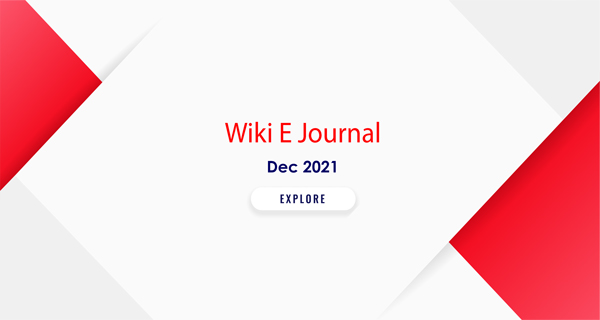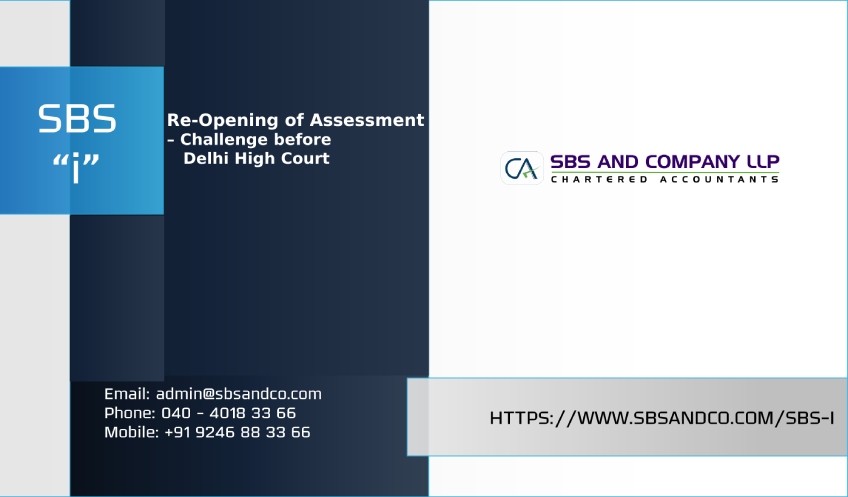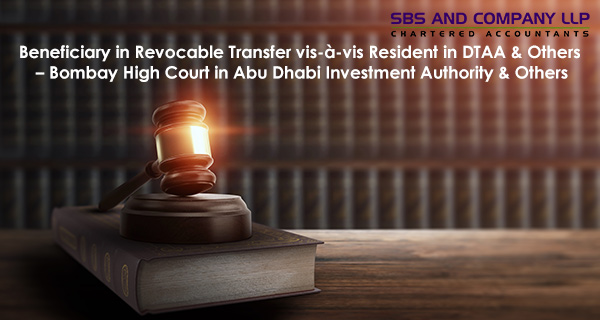In our previous article[1], the concept of deemed residency under Section 6 of ITA[2] has been discussed in detail. In this part, various issues related to determination of residential status of an individual are aimed for discussion. As per Section 6(1) of ITA an individual shall be treated as resident:
- If he is in India for a period of 182 days or more during previous year or
- If he is in India for a period of 365 days within 4 years immediately preceding previous years and 60 days or more during the previous year.
A person being an individual is treated as resident in India if any of the conditions i.e., (a) or (b) above is satisfied. Otherwise, such person is treated as non-resident. Further, Explanation 1 to Section 6(1) states that in case of an individual:
- being a citizen of India who leaves in India in any previous year as a member of crew member of an Indian ship or for the purposes of employment outside India, the period of stay for that year specified above as 60 days is to be replaced with 182 days.
- being a citizen of India or person of Indian origin, who is staying outside India, comes to India on a visit to India in any previous year
- the period of stay specified above as 60 days is to be replaced with 182 days.
- In the case of such person having total income, other than income from foreign sourced income, exceeding INR 15 lakhs, the period of stay specified above as 60 days is to be replaced with 120 days.
A plain reading of Section 6 seems to be easy to understand. However, each and every aspect of Section 6 needs to be analyzed carefully, as many practical difficulties would arise while interpreting the provisions.
Let us proceed to analyze various aspects of provisions of Section 6.








